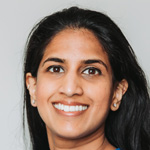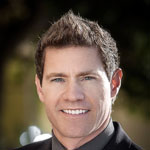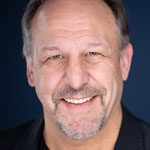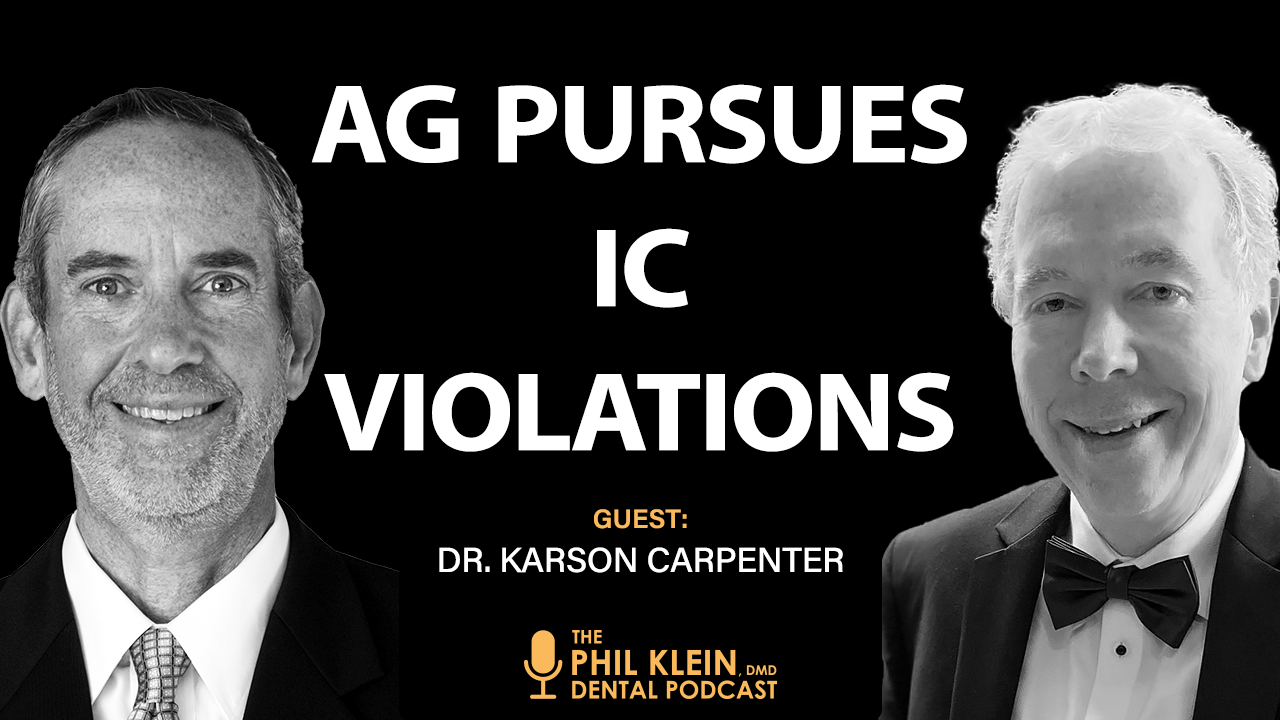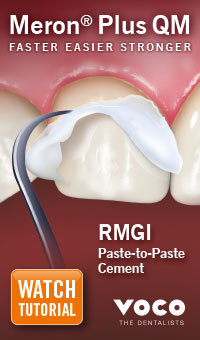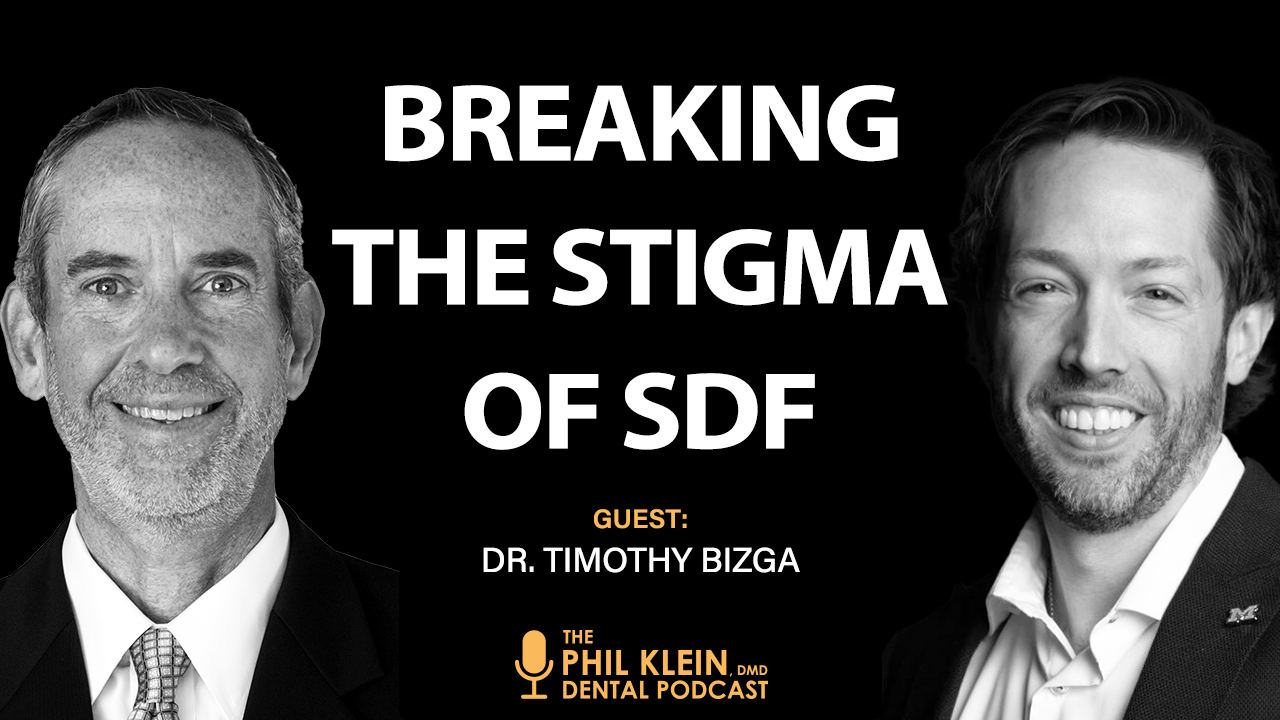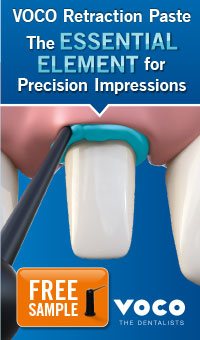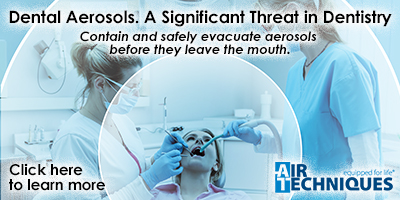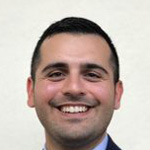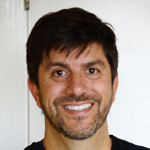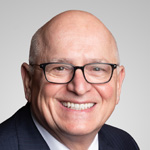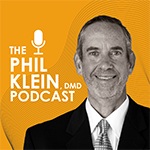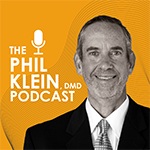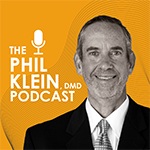
The Rewards & Challenges of Working at a Community Health Center

There are over 1,400 community health centers in the U.S., and these centers serve 31.5 million patients a year at more than 15,000 service sites. [1] What is it like to work at one of these clinics? Is this a valid career choice that both new and experienced practitioners should consider?
To gain insight into this question from the viewpoint of a
practicing dentist, we spoke with Dr. Khushbu Shah. Early in her career Dr.
Shah chose to leave private practice to work in a community health center. She
enjoys it so much that she convinced her husband to do the same!
Public vs. private practice: How do they differ?
Having practiced in both the private and public sectors, Dr.
Shah has seen that some of the biggest differences between the two are in the
following areas:
· Dental school debt – The
cost of dental school has skyrocketed, and many dentists graduate with a
tremendous amount of debt.
“One of the wonderful things about being in public health,” Dr. Shah shares, “is
that they provide a public service loan forgiveness. That’s a program that I
believe is in all states. In Illinois, if you dedicate 10 years to public
health, they help you forgive your student loans. Also, while you’re working in
public health, they have national health scholarships that help you throughout.
So either it is subsidized or the scholarships will help you pay off the
student loans.”
Those who choose to go into private practice earn more, but do not receive this
assistance for retiring their debt.
· Mindset – “In
private practice it was a different experience,” Dr. Shah recalls, “because it
was more production based. It was just a different mindset. Over in public
health, I realized the biggest change was I can focus more on patient care, and
fully be indulged in just patient care, without having to worry so much about
everyday production.”
· Specialty care – A
challenge with practicing at community health centers, Dr. Shah points out, is
trying to provide comprehensive dental care, as they do limited procedures at
these clinics.
“Many patients present with very difficult cases and have years of dental
neglect,” she says. “So sometimes we find ourselves performing what we call
heroic dentistry. A big challenge that comes to mind is referring to specialty
care. So, in turn, this requires us providers to manage a broader range of
dental issues.” For example, she takes on more surgical extractions than she
would have in private practice.
This difficulty in referring to specialists, coupled with the high volume of
patients that seek care at community health clinics, also means that patients
do not get comprehensive treatment as quickly as they would in a private
practice setting.
· Budget constraints – Many
community health centers face severe budget constraints, which forces doctors
to think in terms of how to provide the best care possible in the most
cost-effective ways. Dr. Shah has found that choosing the right products can
make a big difference in this area. For example, Dr. Shah likes to use a single
shade composite.
“Single shade composites are often more affordable than alternative restorative
materials,” she asserts, “so it allows us to stretch the budgets further and
provide care to a larger number of patients.”
Dr. Shah’s go-to single shade composite is Tokuyama’s OMNICHROMA, the first
universal composite to shade-match any tooth color, from A1 to D4. “I love that
single shade composites can be used for conservative repairs of chipped,
fractured or decayed teeth, avoiding the need for more extensive and costly
procedures.”
· Patient education –
While patient education is important in any practice, it is especially vital in
a public health setting. At the clinic where Dr. Shah works, patients come from
all over the world.
“I see so many families,” she reports, “and I want to make sure that I’m
starting when they’re young. We tell them to bring them as soon as their babies
are one year old. They’re surprised. They’re like, ‘Oh, you go to the dentist
every six months?’ They just don’t have that concept, because in their
countries, they only used to go when there was pain.”
· Rewards –
“Where do I start?” asks Dr. Shah. “There are so many rewards, one of them
being the opportunity to make meaningful differences in the lives of
underserved individuals and communities. We have medical, dental and behavioral
health, allowing the patients to take care of all their medical needs in one
building. It gives you a very wonderful, overall better health outcome.”
Dr. Shah also likes the flexibility she enjoys, including paid time off and
other benefits you may not get in private practice.
Things to consider before committing to public health
For anyone who is considering a career in public health, Dr. Shah recommends first researching different areas within public health to gain a better understanding, whether it’s a clinical setting or working for the Department of Public Health.
“If there’s a specific clinic or state you want to work in,” she advises, “research the clinic. Look up demographics in that zip code, how the clinic receives funding, the location of the clinic and, most importantly, provider turnover.”
Dr. Shah also recommends that you connect with other
professionals to network. “In public health,” she explains, “there’s
a lot of information you can get just by talking to people who are in the field
through networking events, informational interviews or professional
organizations. Building relationships with individuals who are working in
public health can really provide valuable mentorship, advice and potential
career opportunities.”
Image sourced from Freepik.



